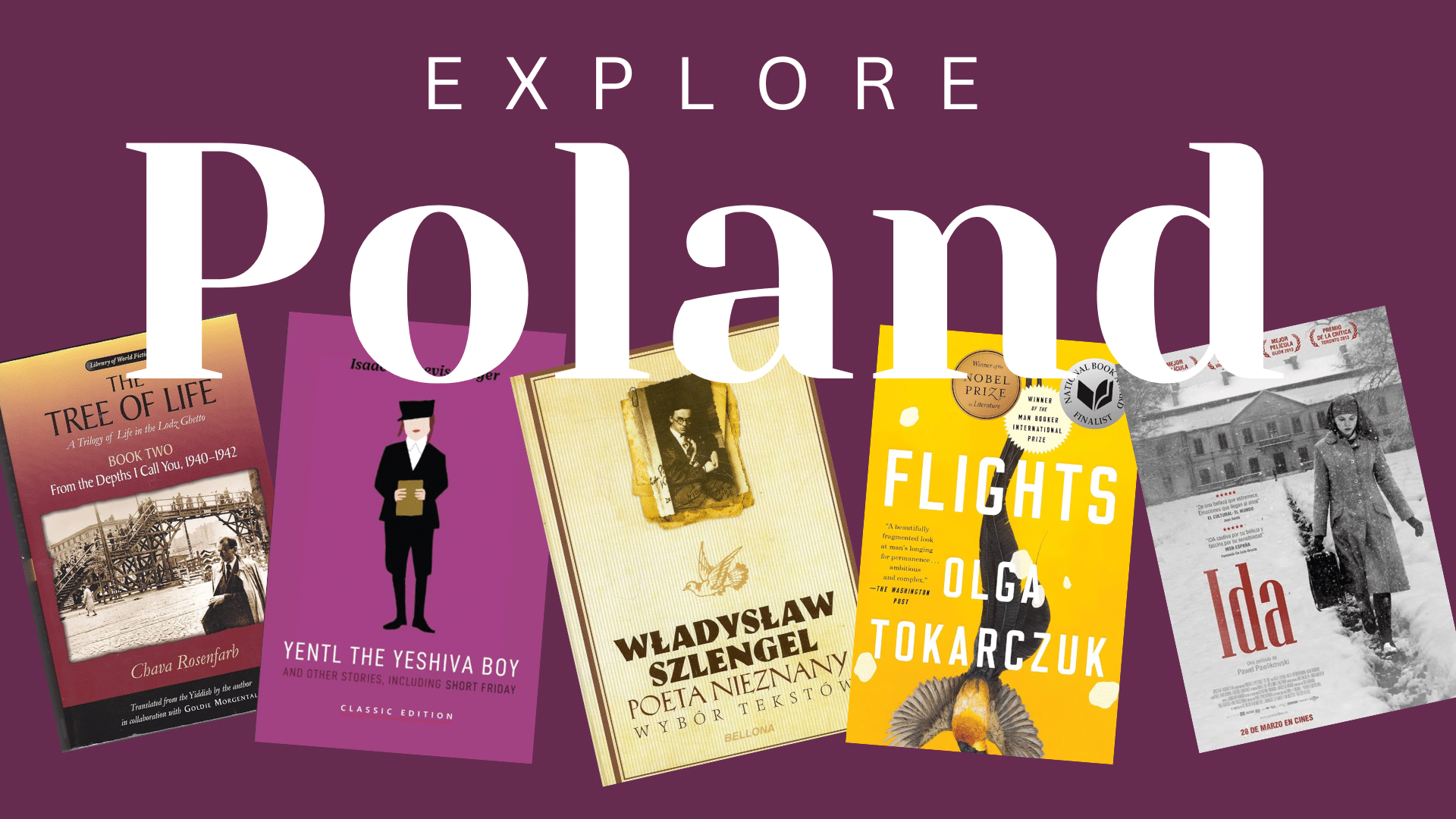To prepare travelers for all our upcoming trips to Poland, the Jewish Heritage Travel staff has compiled this cultural “head start.” Here are a few novels, poems, and movies to help you explore Polish culture, remember the country’s Jewish history, and get excited about your next historical learning adventure!
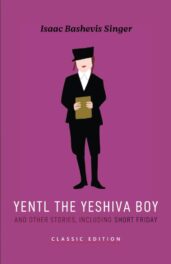 Yentl the Yeshiva Boy and Other Stories
Yentl the Yeshiva Boy and Other Stories
by Isaac Bashevis Singer
Originally published as Short Friday and Other Stories, this 1965 collection by the famous Polish-born Jewish-American writer has been repackaged with his plucky young girl from Pechev in the title. The incredible 1983 film in which Barbara Streisand cuts her hair short and dresses like a man to study at Yeshiva has arguably turned this tale into Bashevis Singer’s most enduring legacy. (Editor’s note: Jewish Heritage Travel’s Chaim Seidler-Feller acted as rabbinic consultant to Streisand during the making of the adaptation.) However, the master storyteller’s terse style also conjures tales of ghosts and dybbuks steeped in Polish folktales — a magical reimagining of shtetl life now lost.
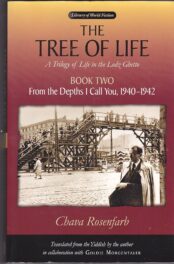 The Tree of Life: A Trilogy of Life in the Lodz Ghetto
The Tree of Life: A Trilogy of Life in the Lodz Ghetto
by Chava Rosenfarb
Rosenfarb, a Polish Holocaust survivor who survived the Lodz Ghetto, Auschwitz, and Bergen-Belsen, wrote this three-volume novel after emigrating to Canada in 1950. The first volume, On the Brink of the Precipice, starts before the war and holds detailed descriptions of life in Lodz in 1939. Though Rosenfarb, born one hundred years ago, originally wrote in Yiddish, her own daughter acted as her English literary translator, making these tales of horror, perseverance, and survival even more meaningful. Rosenfarb’s books are only now being translated into Polish and there will be a series of conferences in Lodz starting in October 2023 to celebrate her writings on her centennial year.
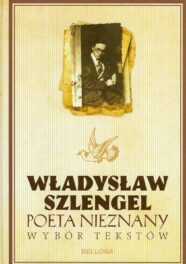 “Bread” and “Final Exams”
“Bread” and “Final Exams”
by Władysław Szlengel
Called the “chronicler of the sinking,” Szlengel was held and wrote in the Warsaw Ghetto and several of his poems have been preserved in the “Oneg Shabbat” Archive. “Bread” and “Final Exams” are just two of his ten poems included in the recently uncovered underground archive documenting the reality of life under Nazi occupation. Both were written in 1941, just before a quarter of a million people in the ghetto were sent to Treblinka in 1942. This poet died as a resistance fighter during the Warsaw Ghetto uprising but first left behind some haunting lines: “A time will come when there will be/ plenty of bread for everybody, for everybody! You hear?/ A time when life will start anew.” View images of these heartbreaking, water-damaged wartime remnants alongside their English translations here and here.
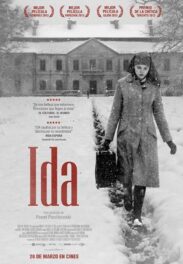 Ida
Ida
written and directed by Pawel Pawilkowski
Before taking her final vows to become a Catholic nun, 18-year-old Anna discovers she was born as “Ida Lebenstein” and that her family was killed during the Holocaust. With her only surviving relative, the young novice heads out to discover the truth of her parent’s deaths, eventually uncovering the chilling collaboration of the ordinary Polish neighbors who stole the family’s lands and home. Winner of the 2015 Academy Award for Best Foreign Language Film, Ida (from the 2015 review in Haaretz) examines “the way the Holocaust’s memory becomes incorporated into the memory of a nation.” The New York Times declared, “Pawlikowski penetrates the darkest, thorniest thickets of Polish history, reckoning with the crimes of Stalinism and the Holocaust.”
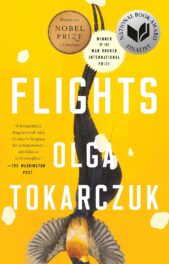 Flights
Flights
by Olga Tokarczuk
Unlike Tokarczuk’s nearly 1,000-page opus, The Books of Jacob — the epic story of a charismatic 18th-century self-proclaimed Jewish messiah — Flights does not contain overt Jewish themes. However, the Polish literary superstar offers some deep thoughts on life, existence, and aging in these dreamy, profound meditations on travel. Probably today’s most internationally famous and acclaimed Polish author, Tokarczuk crafts moody tones, pathos, and a certain brilliance that captures something normally undefinable about the Polish spirit. The perfect conversation starter when interacting with sophisticated literary locals in Warsaw, Wrocław, and Kraków.

